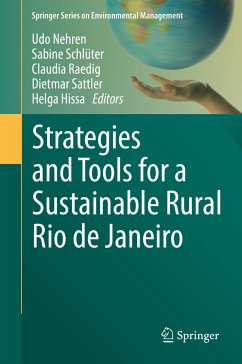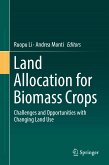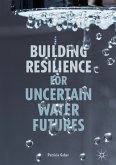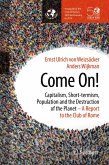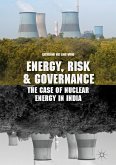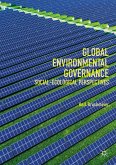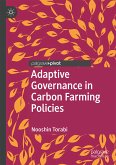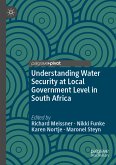This book provides an overview of recent developments in land, ecosystem, and water management in Rio de Janeiro. The Brazilian State of Rio de Janeiro is one of South America's most important cultural and economic centers and at the same time located in one of the world's most diverse biomes, the Atlantic Forest or Mata Atlântica. Colonial exploitation of natural resources and modern urban and agricultural development has resulted in large scale deforestation and severe degradation of land and water resources.
In the past years, efforts have been made to improve the socioeconomic and environmental status of the rural landscapes to secure rural livelihoods, to ensure food and water supply for urban areas, and to contribute to biodiversity conservation and ecological stability.
This book provides a portfolio of strategies and tools for land and water management that were developed within the German-Brazilian research project INTECRAL in cooperation with the state program Rio Rural, as well as Brazilian universities and research institutions. It covers a wide spectrum from research to application at the science-policy interface and has a model character for other rural areas in Latin America and beyond. This volume will be a valuable resource for scientists, practitioners, policy makers, and graduate students in the field of environmental management and sustainable rural development.
Dieser Download kann aus rechtlichen Gründen nur mit Rechnungsadresse in A, B, BG, CY, CZ, D, DK, EW, E, FIN, F, GR, HR, H, IRL, I, LT, L, LR, M, NL, PL, P, R, S, SLO, SK ausgeliefert werden.
Es gelten unsere Allgemeinen Geschäftsbedingungen: www.buecher.de/agb
Impressum
www.buecher.de ist ein Internetauftritt der buecher.de internetstores GmbH
Geschäftsführung: Monica Sawhney | Roland Kölbl | Günter Hilger
Sitz der Gesellschaft: Batheyer Straße 115 - 117, 58099 Hagen
Postanschrift: Bürgermeister-Wegele-Str. 12, 86167 Augsburg
Amtsgericht Hagen HRB 13257
Steuernummer: 321/5800/1497
USt-IdNr: DE450055826
Bitte wählen Sie Ihr Anliegen aus.
Rechnungen
Retourenschein anfordern
Bestellstatus
Storno

